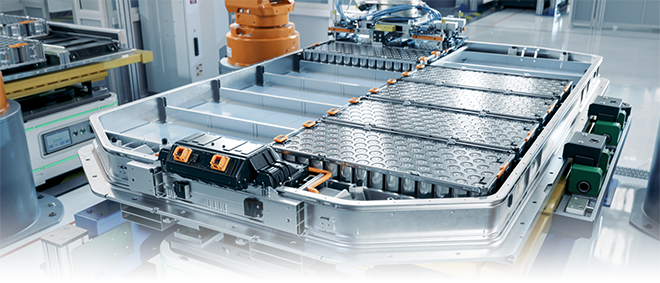Plastics and electric vehicle battery systems are a natural fit.
The shift toward EVs is revolutionizing automotive design, and with it come new challenges in battery engineering—challenges that plastics are uniquely positioned to solve.
The shift toward EVs is revolutionizing automotive design, and with it come new challenges in battery engineering—challenges that plastics are uniquely positioned to solve.
Each EV battery component—from cell modules to junction boxes—demands specific engineering requirements, and plastics are rising to the occasion. Within this comprehensive eBook, you'll explore:
- Why plastics are essential: They’re stepping into the spotlight as they rapidly replace metal in EV batteries for several reasons, from reducing weight to enhancing safety and performance.
- Component-specific solutions: Learn which advanced thermoplastics from Celanese address the most demanding engineering challenges in critical components, including cell modules, junction boxes, and control units.
- Plastics vs. metal: Spoiler alert - switching to plastics offers greater design flexibility, improved energy efficiency, and sustainability benefits without sacrificing durability.
We hope this resource equips you with the knowledge to stay ahead in the fast-paced world of EV battery innovation.
Download your copy today and learn how to tackle your EV battery challenges with the power of plastics.


